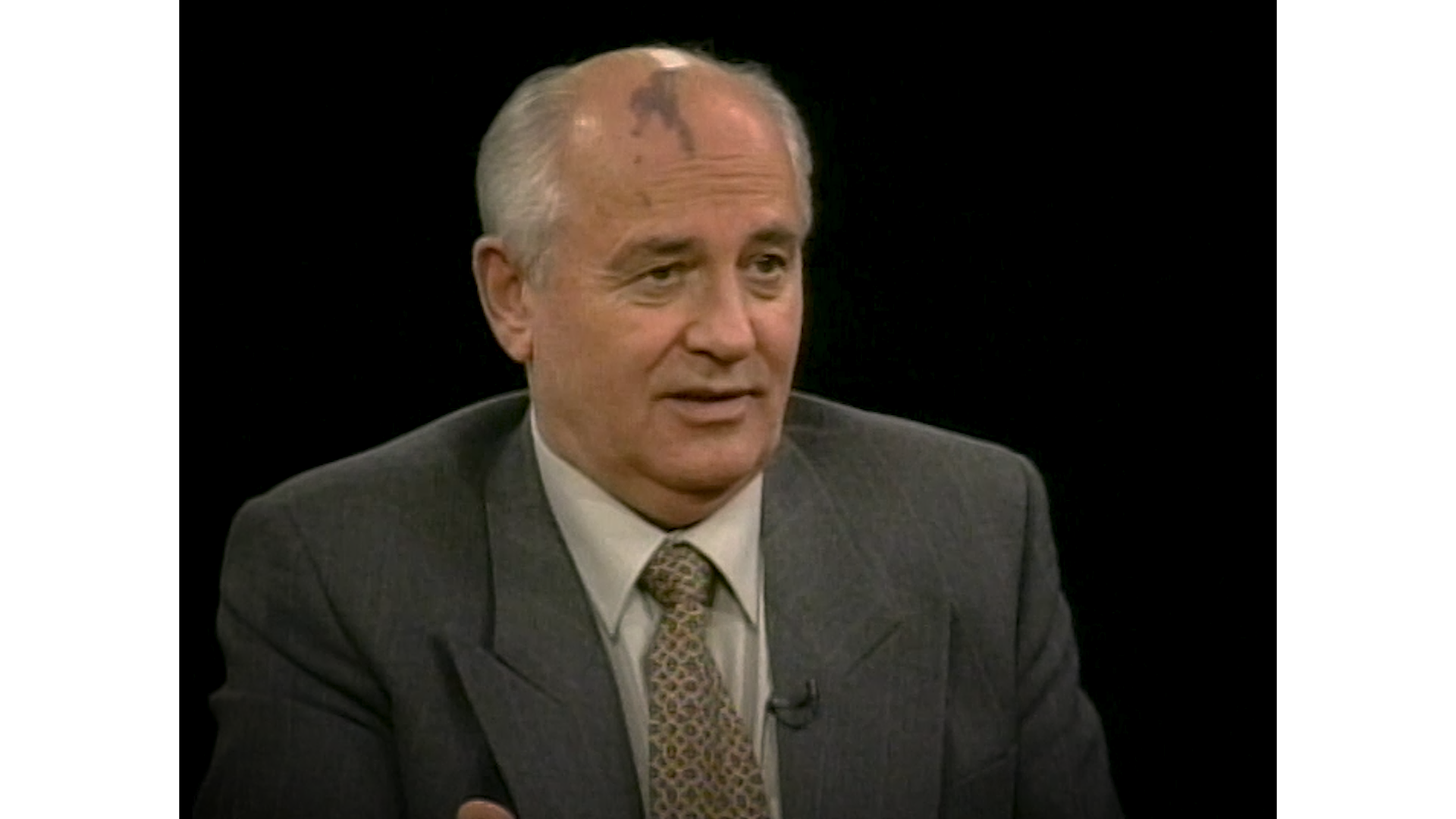Mikhail Sergeyevich Gorbachev rose to the pinnacle of power in the Soviet Union in 1985. By bringing about its change, decline, and unintentionally its eventual end, he changed the world, changed Europe, ended the Cold War, and lessened the possibility of nuclear war. In 1991, he was forced to resign and lived out his life a hero in much of the world, but not Russia, which had lost an empire. Gorbachev died in Moscow on August 30, 2022. He was 91.
The New York Times obituary observed: “Few leaders in the 20th century, indeed in any century, have had such a profound effect on their time.“ Gorbachev made his way from his rural family home in the region of Stavropol to Moscow where he studied law and agronomy at Moscow State University and met his beloved wife, Raisa, who died in 1999 from leukemia at age 67. He was said to have been influenced to think about change in the Soviet Union after reading Khrushchev’s speech to the 20th Party Congress in 1956. Gorbachev left Moscow to return to the Stavropol region and began his climb up the bureaucratic ladder as a party official and agriculture expert before he was named a member of the Central Committee in charge of agriculture. In his travels throughout the Soviet Union, Gorbachev witnessed the failures of the Soviet system, while representing his country abroad, he saw how well others were doing in comparison. He realized things had to change.
Gorbachev developed a series of mentors who brought him into the center of power and after a series of ailing leaders, Brezhnev, Andropov and Chernenko, died in office, he got the top position in the Politburo as General Secretary of the Communist Party on March 10, 1985. Gorbachev immediately began his campaign of reform called perestroika (restructuring) and glasnost (openness).
As the Soviet leader from 1985 to 1991, Mikhail Gorbachev faced a series of tough calls including withdrawal from Afghanistan, disclosure of the tragedy at Chernobyl, dealing with a stagnant economy, elections, nuclear arms deal with the United States Presidents Ronald Reagan and later George Bush, and the fall of the Berlin Wall in 1989.
Mikhail Gorbachev always maintained he wanted to reform the Soviet Union and the Communist Party, but not eliminate them. He told neighboring countries under Soviet influences to make their own decisions. As perestroika and glasnost grew, enemies grew from opposing sides. For liberals, he did not go far enough, and for hardline conservatives, he went too far and threatened too much of their security.
On Sunday, August 18, 1991 while he was out of Moscow, there was a coup attempt led by government hardliners, who held Gorbachev from public view. Immediately, there were protests throughout Russia, with Boris Yeltsin speaking against the coup from a tank in front of the White House. The coup failed after 3 days. Gorbachev returned to Moscow but was forced to resign on December 25, 1991, six years after taking office and one year after receiving the Nobel Peace prize. The flag of the Soviet Union came down on December 31, 1991.
Visit charlierose.com for more.




